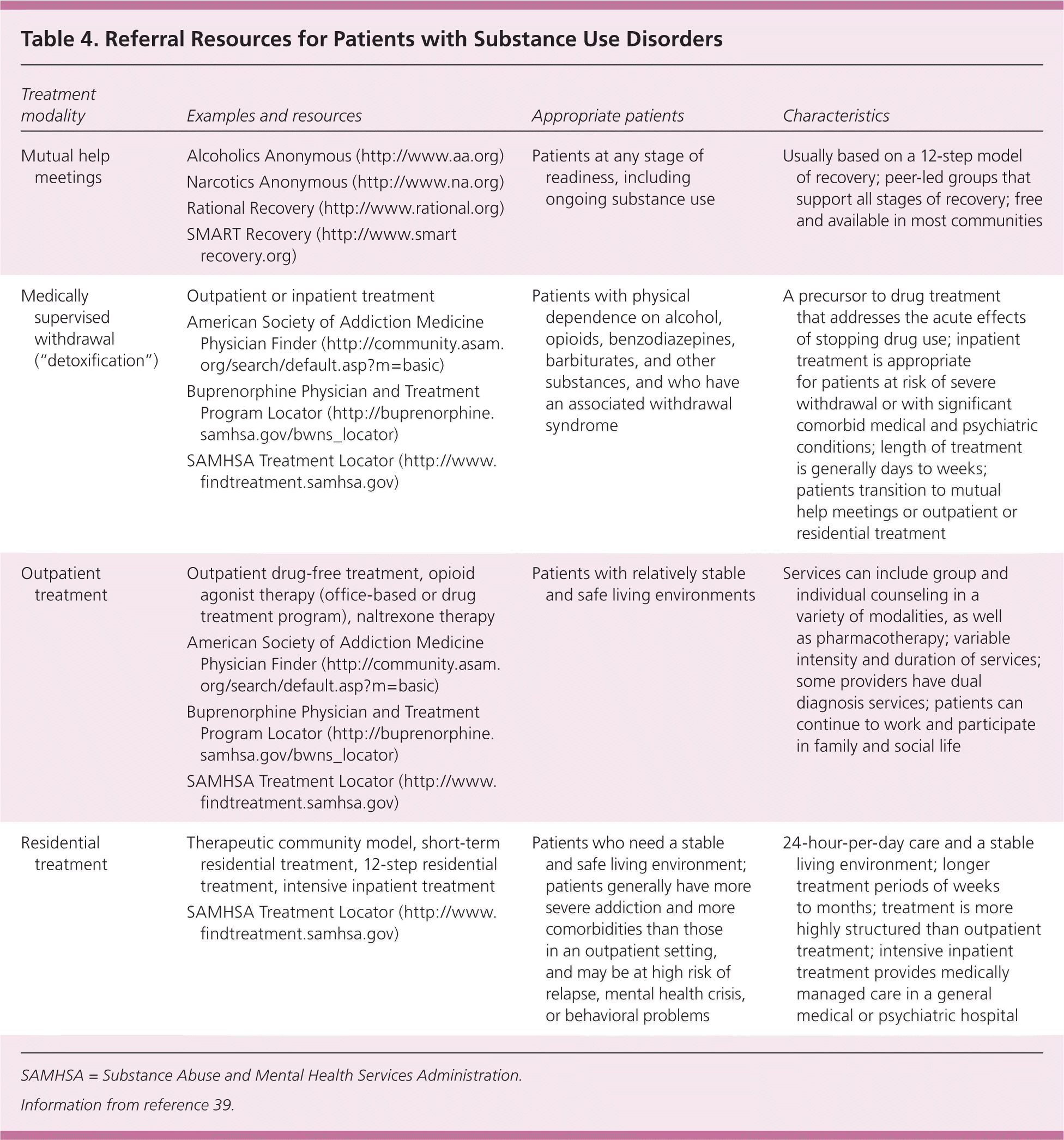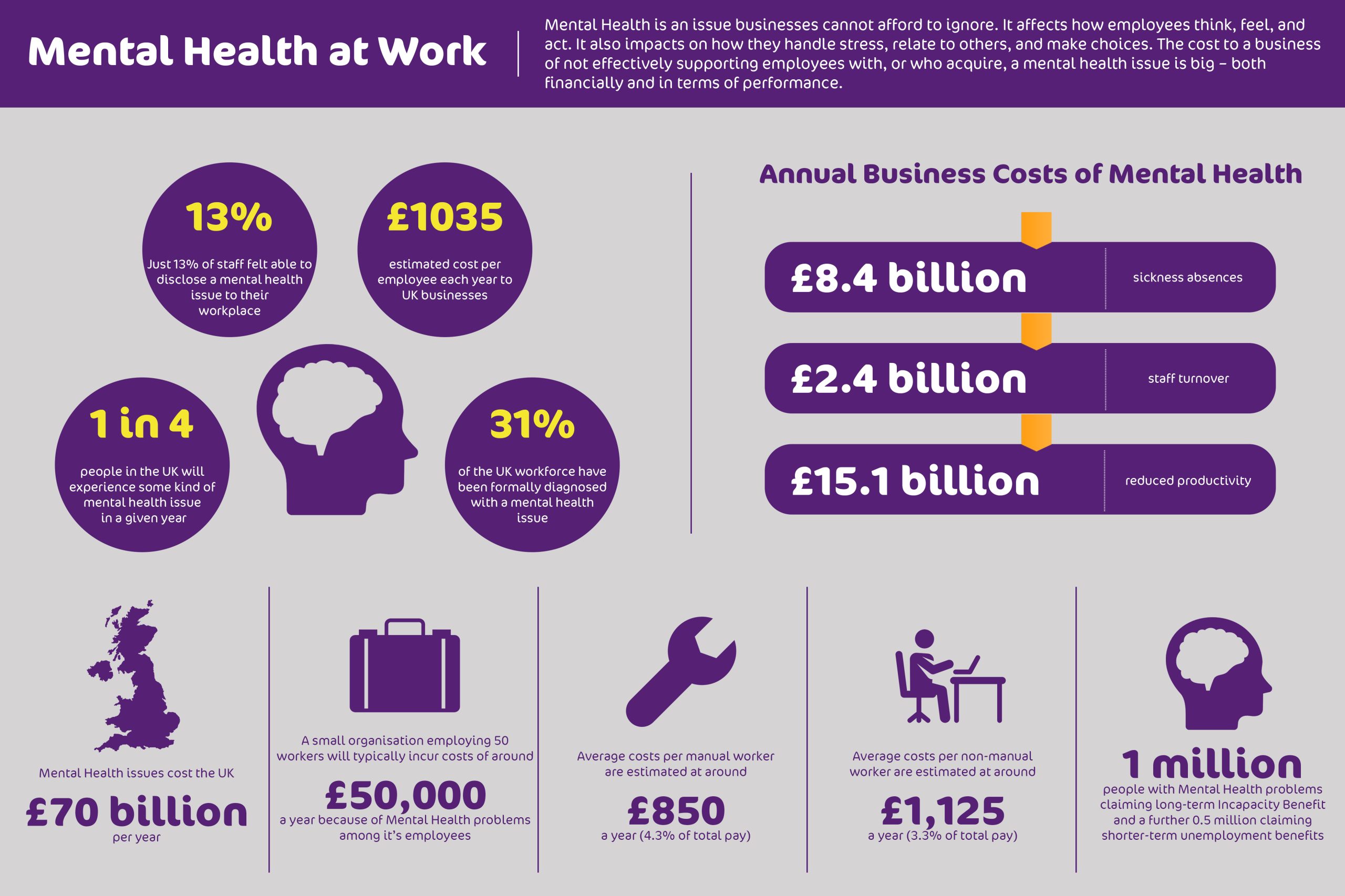 Understanding the signs and symptoms of addiction is crucial when it comes to helping a loved one overcome this challenging condition. Addiction is a complex disease that affects both the mind and body, and it can have devastating consequences on individuals and their families. By familiarizing ourselves with the indicators of addiction, we can better support and guide our loved ones towards recovery.
Understanding the signs and symptoms of addiction is crucial when it comes to helping a loved one overcome this challenging condition. Addiction is a complex disease that affects both the mind and body, and it can have devastating consequences on individuals and their families. By familiarizing ourselves with the indicators of addiction, we can better support and guide our loved ones towards recovery.
Addiction often manifests itself through a variety of physical, behavioral, and psychological signs. Physical signs may include sudden weight loss or gain, bloodshot eyes, slurred speech, or poor coordination. Behavioral changes may involve secrecy, increased aggression, mood swings, or social withdrawal. Psychological symptoms can range from intense cravings and obsession with obtaining the substance to neglecting responsibilities and engaging in risky behaviors.
Recognizing these signs may not be easy, especially if your loved one is adept at hiding their addiction. However, it is essential to remain observant and non-judgmental while paying attention to any patterns or changes in their behavior. Documenting specific incidents or observations can be helpful when discussing your concerns with your loved one or seeking professional help.
Once you have identified the signs of addiction, it is crucial to approach your loved one with empathy and compassion. Addiction is a sensitive topic, and individuals struggling may experience feelings of guilt, shame, or denial. Creating a safe and non-confrontational space is vital to encourage open communication and foster a supportive environment. Choose a time when both of you are calm and relaxed, and express your concerns using “I” statements to avoid sounding accusatory.
Listening actively is equally important during these conversations. Allow your loved one to share their thoughts, feelings, and experiences without interruption. Let them know that you are there to support them and that you genuinely care about their well-being. Avoid giving unsolicited advice or passing judgment, as this can further isolate them and hinder their willingness to seek help.
While providing emotional support is essential, helping your loved one find appropriate professional assistance is equally vital. Educate yourself about available treatment options and local resources, such as support groups, therapists, or addiction specialists. Offer to accompany your loved one to appointments or help them navigate the complexities of insurance and treatment plans.
Remember that recovery from addiction is a journey, often with its ups and downs. Encourage your loved one to stay committed to their treatment plan, even through setbacks or relapses. Celebrate milestones and achievements, no matter how small, as they can serve as powerful motivators.
In conclusion, understanding the signs and symptoms of addiction is a crucial step in supporting a loved one on their path to recovery. By being attentive, empathetic, and knowledgeable about available resources, you can play a significant role in helping them overcome addiction and rebuild their life. With love, patience, and support, together, you can navigate this challenging journey towards healing and long-term wellness.
Support and encourage them to seek professional help. Addiction is a complex and challenging issue that often requires professional intervention. It is important to recognize that you alone cannot solve your loved one’s addiction. However, you can play a crucial role in supporting and encouraging them to seek the help they need.
One of the first steps in helping a loved one overcome addiction is to educate yourself about addiction and its treatment options. Understanding the nature of addiction, its causes, and the available treatment methods can empower you to offer informed support. Research various rehab programs, counseling services, and support groups in your area. This knowledge will enable you to guide your loved one towards the most appropriate resources.
Once you have familiarized yourself with treatment options, have an open and honest conversation with your loved one about their addiction. Approach the conversation with empathy, compassion, and non-judgment. Express your concern for their well-being and highlight the negative impacts their addiction has on their life and relationships. Emphasize that seeking professional help is not a sign of weakness but a brave step towards recovery.
During this conversation, be prepared for a range of emotions and reactions from your loved one. Addiction can be a deeply personal and sensitive topic, so it is important to approach the conversation with patience and understanding. Listen actively to their thoughts and feelings, and reassure them that you are there to support them every step of the way.
Once your loved one expresses willingness to seek professional help, offer your assistance in finding suitable treatment options. Help them schedule appointments with addiction specialists, therapists, or counselors. Offer to accompany them to these appointments if they feel comfortable with your presence. Your support and presence can provide them with an added sense of security and encouragement.
In addition to professional help, assist your loved one in creating a supportive environment conducive to their recovery. This may involve removing triggers from their surroundings, such as substances, paraphernalia, or toxic relationships. Encourage them to engage in healthy activities, such as exercise, hobbies, or socializing with positive influences. Reinforce the importance of self-care and stress management techniques, such as mindfulness or meditation.
Finally, continue to be a source of unwavering support and encouragement throughout their recovery journey. Recovery from addiction is a lifelong process, and your loved one may face challenges along the way. Celebrate their milestones and successes, no matter how small, and offer a listening ear when they need to vent or share their struggles. Remind them of the progress they have made and inspire them to keep pushing forward.
Remember, supporting a loved one through addiction is not an easy task, and it is essential to prioritize your own well-being as well. Reach out to support groups or seek therapy for yourself if needed. By offering a helping hand and being a consistent source of support, you can make a significant impact on your loved one’s journey towards overcoming addiction.
Educating yourself about addiction and treatment options is a crucial step in helping a loved one overcome their struggles. Addiction is a complex disease that affects not only the individual but also their entire support system. By gaining knowledge about addiction, you can better understand the challenges your loved one is facing and provide the necessary support they need.
Addiction is a chronic illness that changes the brain’s structure and function, leading to compulsive drug or alcohol use despite negative consequences. It is essential to recognize that addiction is not a moral failing or a lack of willpower, but a medical condition that requires professional help. By educating yourself about addiction, you can eliminate any misconceptions or stigmas associated with the disease, which are often barriers to seeking treatment.
Start by learning about the different types of substances commonly abused and their effects on the body and mind. Understand the signs and symptoms of addiction, such as changes in behavior, neglected responsibilities, and withdrawal symptoms. Recognizing these signs early on can help you intervene before the addiction worsens.
Explore various treatment options available for addiction. Rehabilitation centers, counseling, support groups, and medication-assisted treatments are among the many resources that can aid in recovery. Each individual’s journey to recovery is unique, so it is important to be aware of the different approaches and find the most suitable one for your loved one.
Additionally, familiarize yourself with the recovery process. Understand that addiction recovery is a lifelong commitment and requires ongoing support. Encourage your loved one to engage in treatment activities, attend therapy sessions, and participate in support groups. By being involved in their recovery process, you can provide encouragement, accountability, and a listening ear.
Furthermore, be aware of the challenges and setbacks that may occur during the recovery process. Relapses are common, but they do not signify failure. Instead, view them as opportunities for growth and adjustment. Educating yourself about relapse prevention strategies can help you support your loved one during challenging times and provide them with the necessary tools to avoid future setbacks.
Finally, seek support for yourself. Helping a loved one overcome addiction can be emotionally draining. Join support groups for families and friends of individuals struggling with addiction, as these groups provide a space to share experiences, gain guidance, and find solace in the knowledge that you are not alone. Remember that taking care of your own well-being is essential in order to effectively support your loved one.
In conclusion, educating yourself about addiction and treatment options is a crucial step in helping a loved one overcome addiction. By understanding the nature of addiction, exploring treatment options, and familiarizing yourself with the recovery process, you can provide the necessary support and guidance. Remember to seek support for yourself as well, as helping a loved one through addiction can be challenging. With knowledge, compassion, and perseverance, you can make a significant positive impact on your loved one’s journey to recovery.
Create a strong support system.
When a loved one is struggling with addiction, it can be an incredibly challenging and heartbreaking experience. Addiction not only affects the individual directly, but also has a profound impact on their family and friends. If you find yourself in this situation, it is crucial to understand that your support and guidance can make a significant difference in their recovery journey. Creating a strong support system is essential for both the individual and their loved ones. Here are some effective ways to provide the necessary support and help your loved one overcome addiction.
First and foremost, educate yourself about addiction. Understanding the nature of addiction and its effects can help you approach the situation with empathy and knowledge. Take the time to research the specific substance or behavior your loved one is struggling with, and familiarize yourself with the signs and symptoms of addiction. This knowledge will enable you to support your loved one better and help them navigate the challenges they may face during their recovery process.
Additionally, encourage open and honest communication. Addiction often comes with shame, guilt, and denial. It is essential to create a safe and non-judgmental space for your loved one to express their feelings and concerns. Encourage them to share their experiences, fears, and struggles, and actively listen without interrupting or passing judgment. By fostering open communication, you can help your loved one feel supported and understood, which can be instrumental in their recovery.
Furthermore, consider involving a professional. Addiction is a complex issue that often requires professional intervention. Encourage your loved one to seek professional help, such as therapy or counseling. A trained addiction specialist can provide the necessary guidance and support, offering personalized treatment options that address the root causes of addiction. They can also help your loved one develop coping mechanisms, build resilience, and establish long-term recovery goals.
In addition to professional help, connecting with support groups can be immensely beneficial for your loved one’s recovery journey. Support groups provide a sense of community and understanding, allowing individuals to share their experiences and learn from others who have faced similar challenges. These groups can also provide valuable resources and information about local treatment centers, therapists, and other recovery services. Encourage your loved one to explore different support groups and find the one that resonates with them.
Finally, practice self-care and set healthy boundaries. Supporting a loved one through addiction can be emotionally and physically exhausting. It is crucial to prioritize your own well-being and set boundaries to protect yourself from enabling behaviors or burnout. Engage in activities that bring you joy and relaxation, and seek support from your own network of friends and family. Remember, you cannot pour from an empty cup, and taking care of yourself allows you to be a stronger and more effective support for your loved one.
In conclusion, helping a loved one overcome addiction requires a strong support system. Educating yourself, fostering open communication, involving professionals, connecting with support groups, and practicing self-care are all essential components of creating this support system. By being there for your loved one, you can provide the guidance, understanding, and encouragement they need to embark on the path to recovery. Remember, recovery is a journey, and your unwavering support can make all the difference in their successful and lasting recovery from addiction.
Addiction can be a devastating condition that not only affects the individual struggling with it but also their loved ones. Watching someone you care about battle addiction can leave you feeling helpless and unsure of how to support them. However, there are steps you can take to help your loved one overcome addiction and find their path to recovery. One crucial aspect to consider is practicing self-care and setting boundaries.
When supporting a loved one in their journey towards recovery, it’s easy to neglect your own well-being. However, prioritizing self-care is essential. Remember that you cannot pour from an empty cup, and taking care of yourself will enable you to better support your loved one. Engage in activities that bring you joy and help you relax. This could involve hobbies, exercise, or spending time with friends and family. By taking care of your own physical and emotional needs, you’ll be better equipped to provide the necessary support to your loved one.
In addition to self-care, it’s crucial to establish clear boundaries with your loved one. Addiction can often lead individuals to engage in manipulative behaviors or take advantage of their relationships. By setting boundaries, you protect yourself from being dragged into their destructive habits. Clearly communicate your expectations and limits, making it clear what behaviors are unacceptable. While it may be difficult to enforce these boundaries at times, it’s essential for both your well-being and your loved one’s recovery.
Support groups can also be a valuable resource when helping a loved one overcome addiction. These groups provide a safe space for individuals to share their experiences, gain insights, and receive support from others who have faced similar challenges. Consider attending support group meetings designed specifically for friends and family members of individuals struggling with addiction. By connecting with others who understand the complexities of addiction, you’ll gain valuable knowledge and find comfort in knowing that you’re not alone on this journey.
Education is another powerful tool for helping your loved one overcome addiction. Take the time to learn about addiction, its causes, and the available treatment options. Understanding the science behind addiction can help you approach the situation with empathy and compassion. Additionally, educating yourself about the recovery process can provide you with realistic expectations and enable you to offer appropriate support.
Lastly, don’t underestimate the importance of open communication. Encourage your loved one to express their thoughts and feelings without judgment. Let them know that you’re there for them, ready to listen and offer support. Honest and compassionate communication can foster trust and create a safe environment for your loved one to seek help.
Supporting a loved one overcoming addiction is a challenging journey that requires patience, empathy, and perseverance. By practicing self-care, setting boundaries, seeking support from groups, educating yourself, and fostering open communication, you can play an instrumental role in their recovery. Remember, it’s essential to take care of yourself while supporting your loved one through this difficult time. Together, you can navigate the path to healing and help them find their way to a healthier, addiction-free life.


